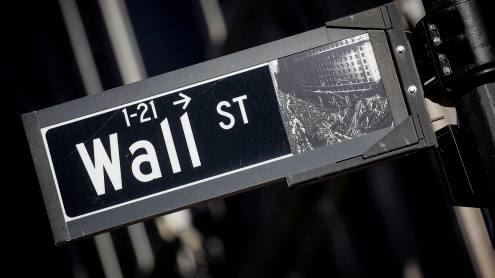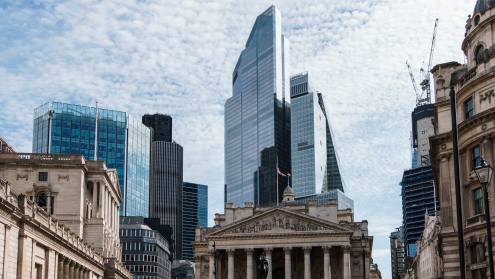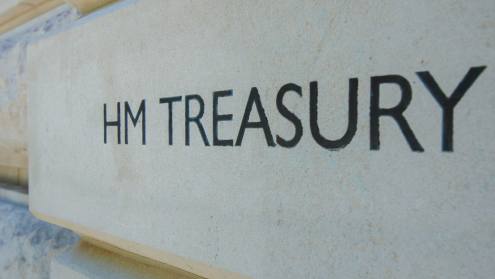For many retail investors, conventional structured products are already complicated enough. Therefore, the prospect of re-engineering them so that they comply with Islamic financial principles may seem to be adding an unnecessary layer of complexity. Yet, for the growing band of sharia-compliant structured investment providers, the attraction of these Islamic variants lies in their simplicity compared with conventional market-linked investments. Whereas conventional structured products have a reputation in the wider industry for complexity, sharia-compliant variants have the advantage of being more straightforward, say advocates.
“Islamic structured products are pretty transparent in the pay-off and sharia, by its nature, requires you to be transparent and clear so the structures also tend to be simpler,” says Jennifer Yong, head of structuring at Malaysia's CIMB Investment Bank. "What makes conventional structured products complex is when the pay-off is too exotic, or there is leverage in it. The fact that with sharia variants there can be no leverage makes it simpler.”












